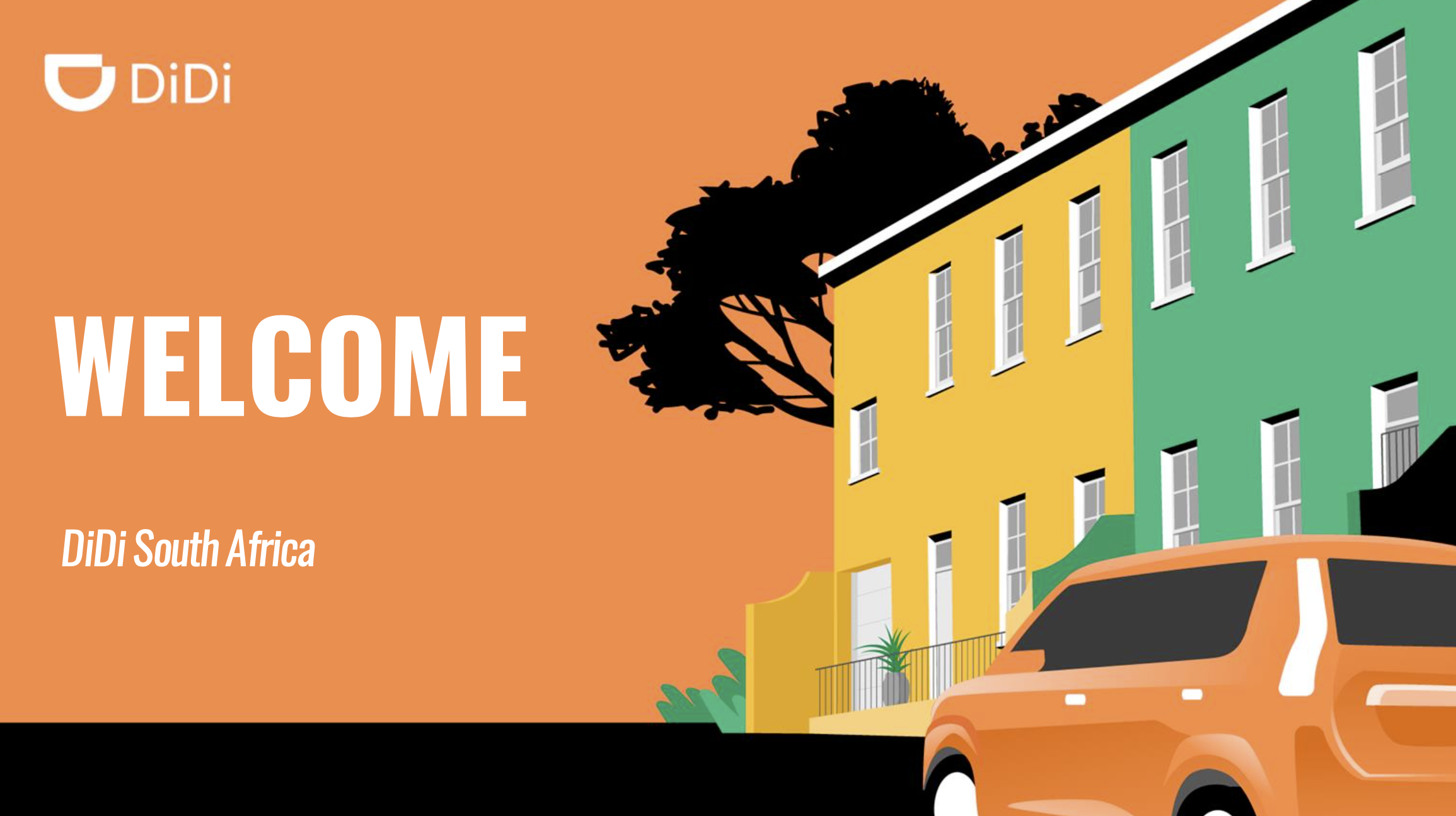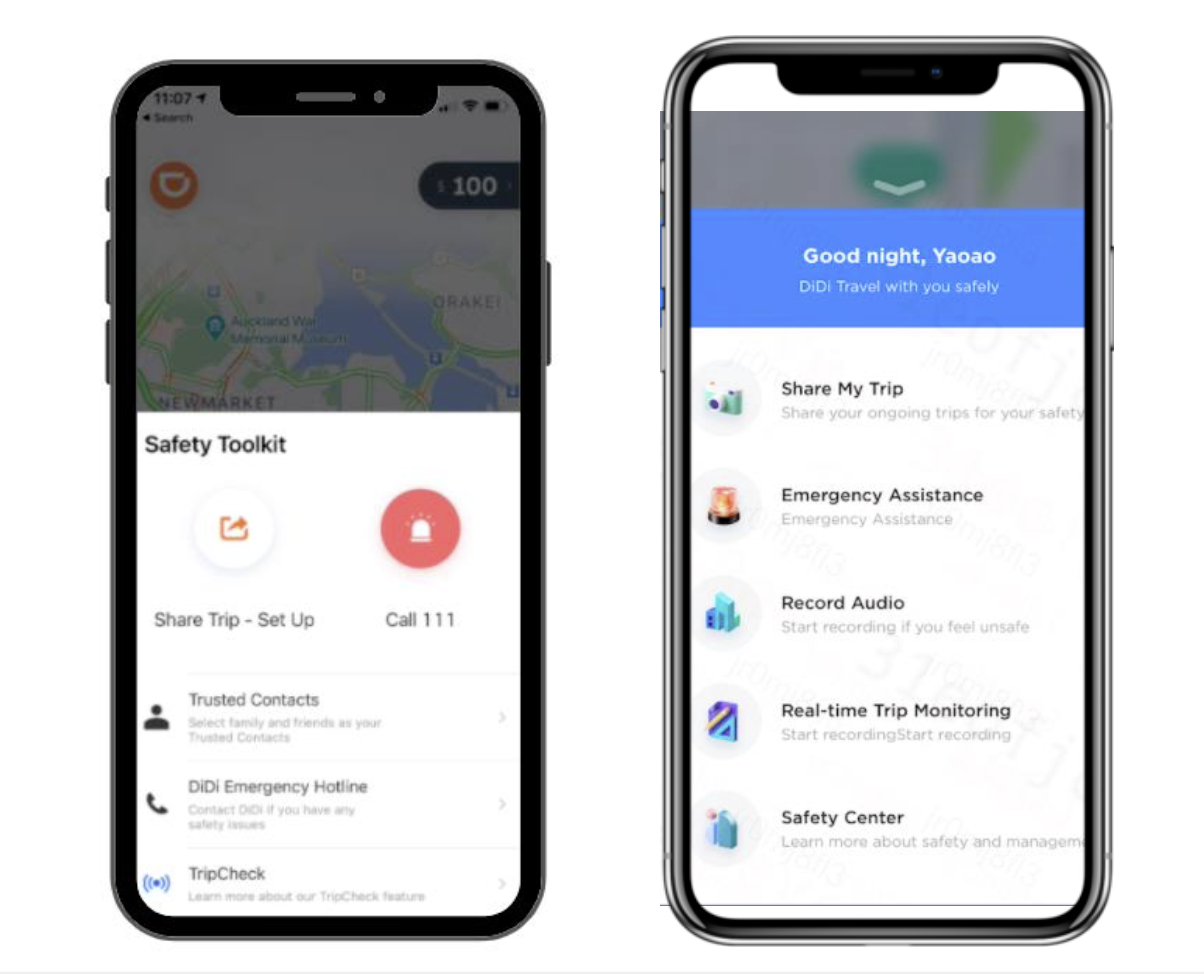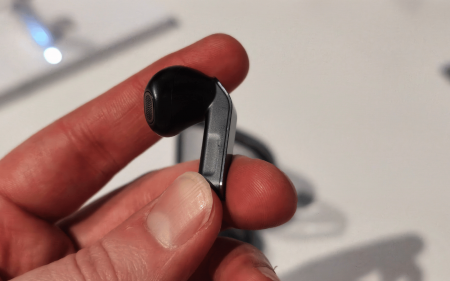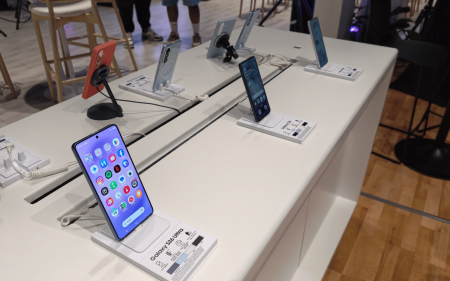This month, DiDi, the Chinese ride-hailing service launches in Gauteng after a successful pilot in Gqerberha and a rollout in Cape Town. DiDi is the largest ride-hailing platform in the world, playing host to over 15 million drivers globally as of March 2021.
Other than winning the number game, how does the service compare to competitors like Uber and Bolt currently in South Africa?
DiDi vs Uber vs Bolt
 First and foremost, a third ride-hailing service will bring increased employment into SA, and DiDi prides itself on only taking 13% of the driver’s earnings. Other ride-hailing services take in excess of 20% off drivers’ earnings per ride, so expect more drivers signing up to the orange service…
First and foremost, a third ride-hailing service will bring increased employment into SA, and DiDi prides itself on only taking 13% of the driver’s earnings. Other ride-hailing services take in excess of 20% off drivers’ earnings per ride, so expect more drivers signing up to the orange service…
It’s also keen on accessibility and has established headquarters in both Cape Town and Johannesburg. Unlike other services, you’ll be able to talk directly to customer service reps if something goes South, and drivers can expect to do physical onboarding at a site.
Obviously, the new service will aim to undercut existing services in terms of cost per ride, and is offering specials and incentives aimed at South Africans. It’s currently running DiDi Day specials on Saturdays in Gauteng, offering riders free rides up to R60 per ride.
MyBroadband tested the three major ride-hailing services in South Africa and found that DiDi offers the cheapest rides overall.
Tailored for SA, kinda
 DiDi is launching with an arsenal of safety features aimed at keeping both riders and drivers safe. It’s admirable, considering safety issues faced by similar services’ drivers and patrons in SA in the past.
DiDi is launching with an arsenal of safety features aimed at keeping both riders and drivers safe. It’s admirable, considering safety issues faced by similar services’ drivers and patrons in SA in the past.
Among the safety features are dangerous zone notifications, which’ll automatically geo-block unsafe areas for drivers, a safety toolkit for drivers and riders, background checks of drivers and even passenger verification.
It’ll also give the option to share the ride’s live location with a third party, and initiate a recording of the trip if any of the parties feel unsafe. Drivers will also, unlike other services, be able to see the destination of the ride request before accepting it. Many Uber customers have found that drivers cancel once they learn the destination of a trip.
It’ll also allow for user and driver ratings (both ways) and drivers will have the ability to block a rider, essentially unlinking them in the app.
Starting from 27 September, DiDi will offer South Africans (in the cities it’s currently operating) free rides to and from vaccination centres if they’ve registered on the government’s EVDS portal.




